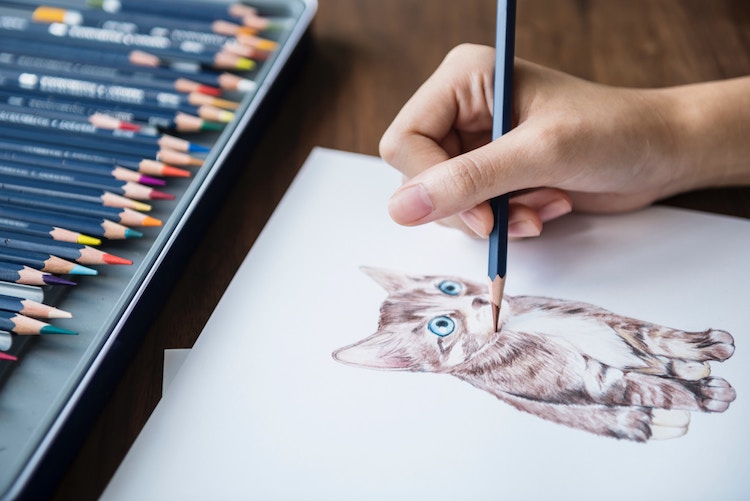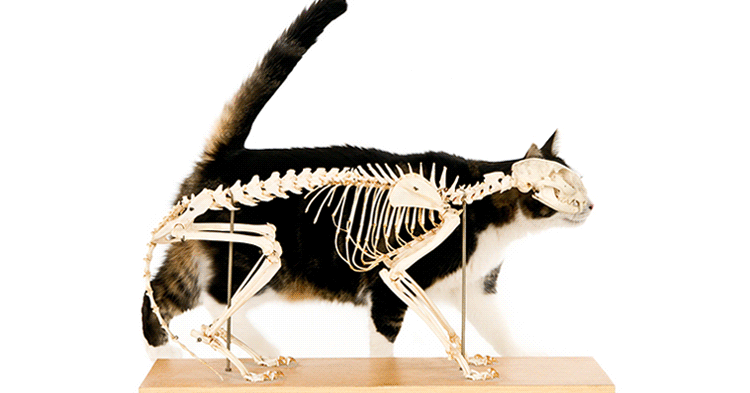
Photo: rawpixel
Drawing can bring you a lot of joy. Whether you’re a skilled draftsperson or just starting out, putting pencil to paper will feed your creative soul. Drawing ideas can come from anywhere, but we’re often inspired by the things we see on regular basis. And with cats ruling the internet—and everything around us, really—it’s only natural to want to depict our furry friends.
So, how do you draw a cat? There are many ways to approach sketching a feline, and it depends on your artistic style. Do you prefer to depict things realistically, or do you enjoy creating stylized illustrations?
While cats can be rendered in multiple ways, there are some basics about them that you need to know—regardless of how you draw them later.
Before you start drawing cats, first learn their anatomical structure.
This is a valuable exercise regardless of what style you choose to draw in. Learning what’s beneath the skin of a living thing, from humans to animals to insects, will help you better know why they look a certain way and how they move. You’ll understand how bones and muscles shift during movement. Best of all, your art will reflect this knowledge in subtle yet important ways; your forms will appear believable and have a realism that’ll pop from the page. But even if you intend to stylize your art, knowing anatomy will keep your work from looking overly naive or wonky.
Here’s the skeletal structure of a cat and a breakdown of its bones and joints.

Photo: De Jongh Photography / Shutterstock; Drawing: Sara Barnes / My Modern Met
Don’t worry—you don’t have to memorize the shape of a cat’s bones. You just need to know the length of them and how they move together. Pay special attention to the positioning of their joints. This is where, in drawings, their legs and torso will bend. Once you’ve got this down, you’ll be able to depict them in a variety of poses.
Here’s how cats move (in slow motion), which demonstrates how the different parts of their body look in a variety of poses.
Next up: How to Draw a Cat in a Realistic Way.
